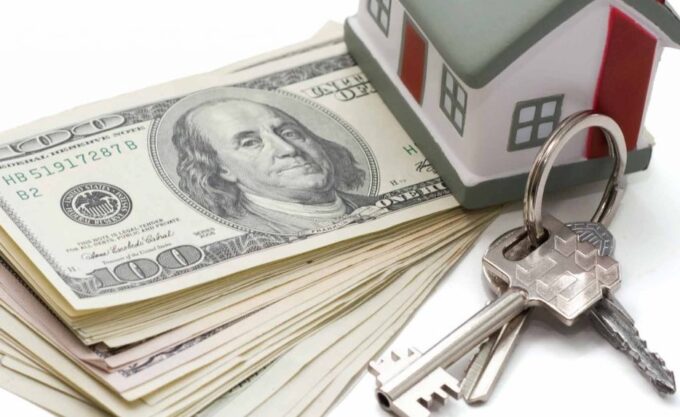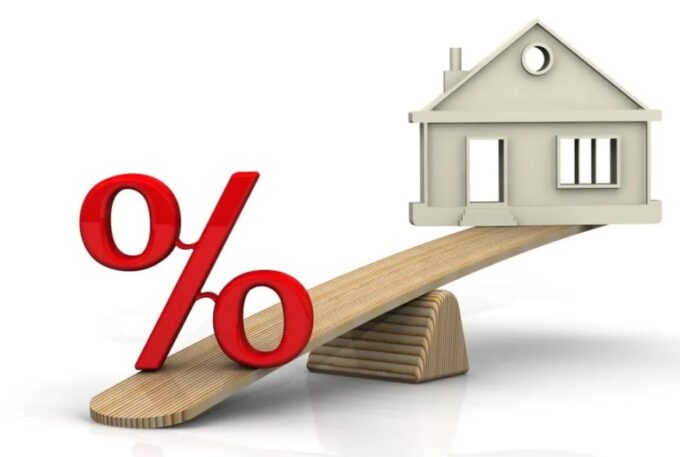Saving up money to purchase a house can be very stressful. There are so many things that you need to do to even prepare for the loan, let alone finalize a house. You may be sitting in your chair and scratching your head, or maybe even pulling your hair out.
There is no need to stress out. Calm down. Take a deep breath. Start checking off the list of tips and tricks that I have broken down for you.
Required Down Payment

The down payment for the house is the most difficult part for many people. There are numerous ways to save up for one, but first, you must know how much you are going to need.
Decide what area you are wanting to move into and start checking around for houses that are on the market. Write down the amounts of the listing prices for all the homes in the area. Add them together and divide by the total number of properties that you wrote down.
As an example: There are 5 homes for sale in the area and they list at; $450,000; $475,000; $525,00; $585,00; and $600,000. Add all 5 numbers together to get $2,635,000. Divide that by 5, since there were 5 homes in total, and get $527,000. This would be your average cost for a house in the area that you want.
Now you will want to check some surrounding areas that would be your second and third choices. Follow the formula above so you now have three different averages. Decide which area is the most affordable, and practical, for you and write the average listing price down separately from the rest.
Find the amount that you will need for a down payment by using a couple of different percentages. Moneysmart.gov suggests that you try and come up with 20% to show that you can save money, and to prevent having to get an LMI (lender mortgage insurance). First, you need to figure out 20% since that is the best amount to come up with.
To do this simply take your average listing amount ($527,000) and multiply by 20% ($105,400) and you get the amount of money that you need for a down payment. Do the same thing with 10% ($52,700) and 8% ($42,160). Some lenders will allow a lower down payment but may require an LMI to ensure that they get paid, no matter what your circumstances are.
Loan Value Ratio

The LVR is an important number that your lender will want to check. You might as well do it yourself so you can either be prepared for a good loan or make some changes if it ends up being not so good. The LVR is simply the loan amount divided by the appraisal amount of the house.
Since we are not centering on one specific house yet, you will want to once again use the number that you figured out above. You will also need to use the amount of the down payment that you figured out.
This will look like this: $527,000 divided by the loan amount ($527,000-$105,400=$421,600) which will equal .8 or 80%. Anything at 80 percent or above will require you to get an LMI. If you want to avoid this situation you will have to raise the amount of the down payment or go for a less expensive house.
Help
- If you are a first-time home buyer there are a couple of places that may help you. Check into them before going on to the next step.
- First Home Owner Grant (FHOG)-This is a fund set up for specific first-time buyers that meet their criteria.
- First Home Super Saver Scheme (FHSSS)-This is a site that allows you to put funds into an account to save up for your deposit. For more information on this program go to the government site.
- First Home Loan Deposit Scheme (FHLDS)-This site will give you a few options that may help you pay for a house.
Lenders

Once you have the math all figured out you will want to call some lenders and see what options you have when it comes to a home loan. Visit this site if you want an online company to do the legwork for you.
Either way, collect all the information that you can from numerous lending agencies. You need to know exactly what loan you can obtain, and how much it would be. If you qualified for one of the first-time homeowner’s programs above, make sure you go through an institution that honors them.
If you pre-qualify for a loan for the amount that you need then you can start building the money that you will need for the down payment. If you qualify for a loan that is lower than what you need do not get discouraged. Search in the surrounding neighborhoods until you find a spot that matches your loan amount.
Down Payment

Now the hard part. It is time to gather up the money that you need for the down. There are so many ways to accomplish this that it should be an easy task for you. I have broken down some of the more common ways but use your imagination. Think outside of the box and build that money up.
If you do not have a savings account, open one. Automate it so a certain percentage of your payment goes directly into it. Do not touch it until you have enough money built up.
Write a budget down so you can see exactly what you need to pay out for every move. If there is something on your list that you do not necessarily need, delete it for now. For example, if you have a gym membership, cancel it temporarily.
Be thrifty when shopping. Buy items on sale or go to a discount store and buy in bulk. Only purchase what you need. You will be surprised how much this will add up for you.
Sell items around the house or garage that you do not want or need. Build a small account on an online auction site and keep it rolling with items bought at thrift stores or from wholesale sites.
Get a second job to increase your income. Move to a smaller, less expensive place until you can purchase your home. Any extra money that you can save help. Rent out any extra space that you have. Do you have a full basement that is not used much? Rent it out as an apartment. If you get commissions off sales, or bonuses for performance, save it all.
Put it into your savings account and leave it alone. Remember to use the avenues that you have. Do not forget about friends and relatives around you. Ask them for help if they are financially able to do so. Get a loan to supplement the loan. Sell your vehicle and get a cheap one to get around in. Use your imagination. If you set your mind to it and follow the steps above, you will be in your new home before you know it.









